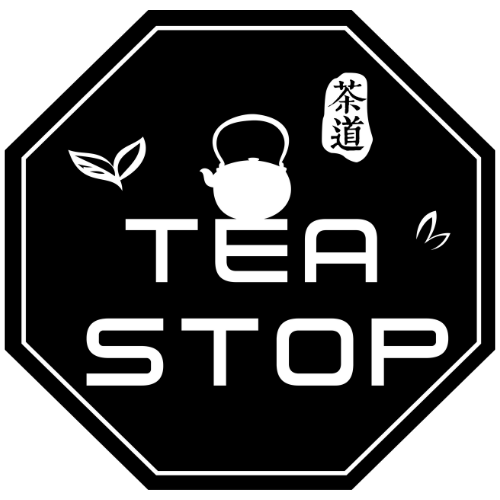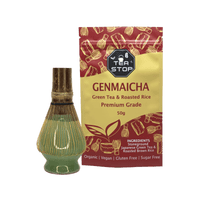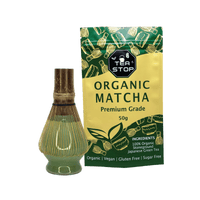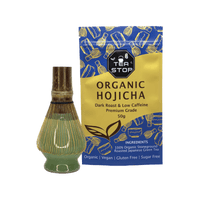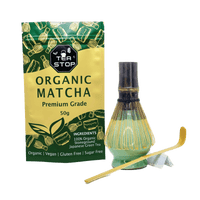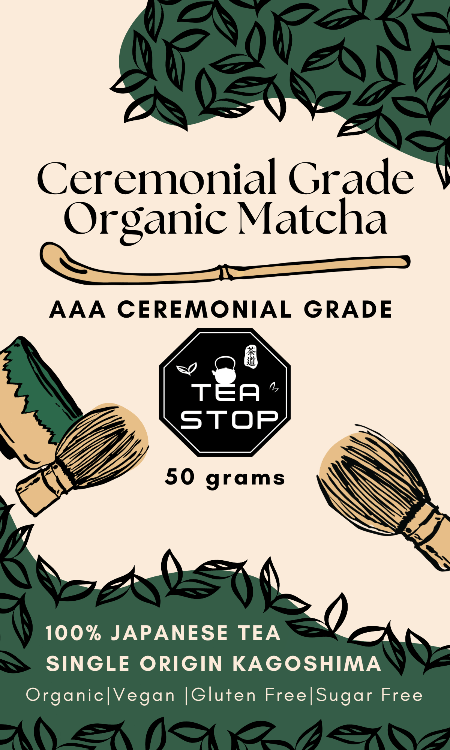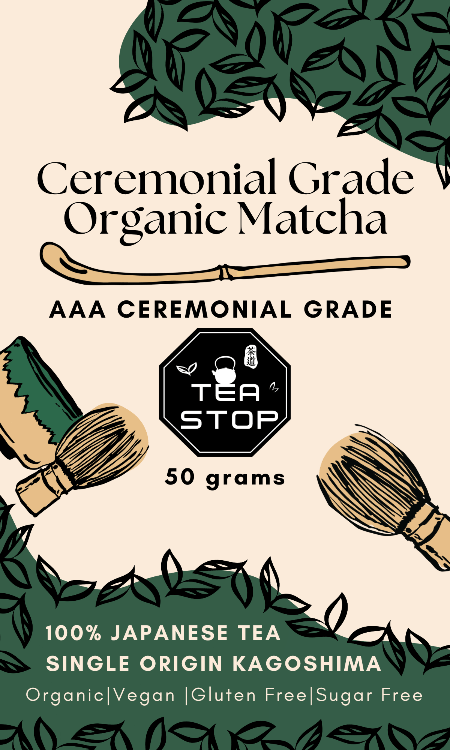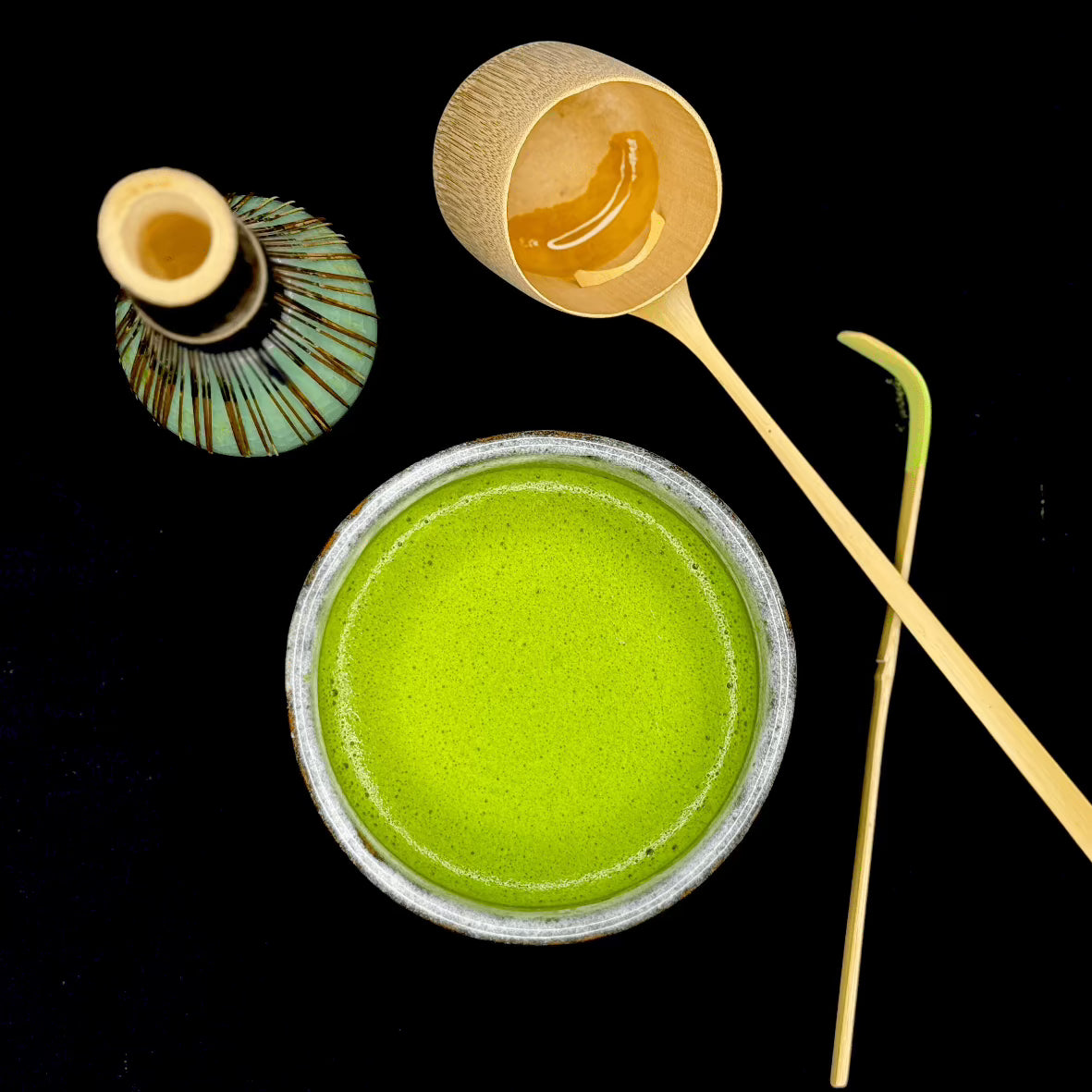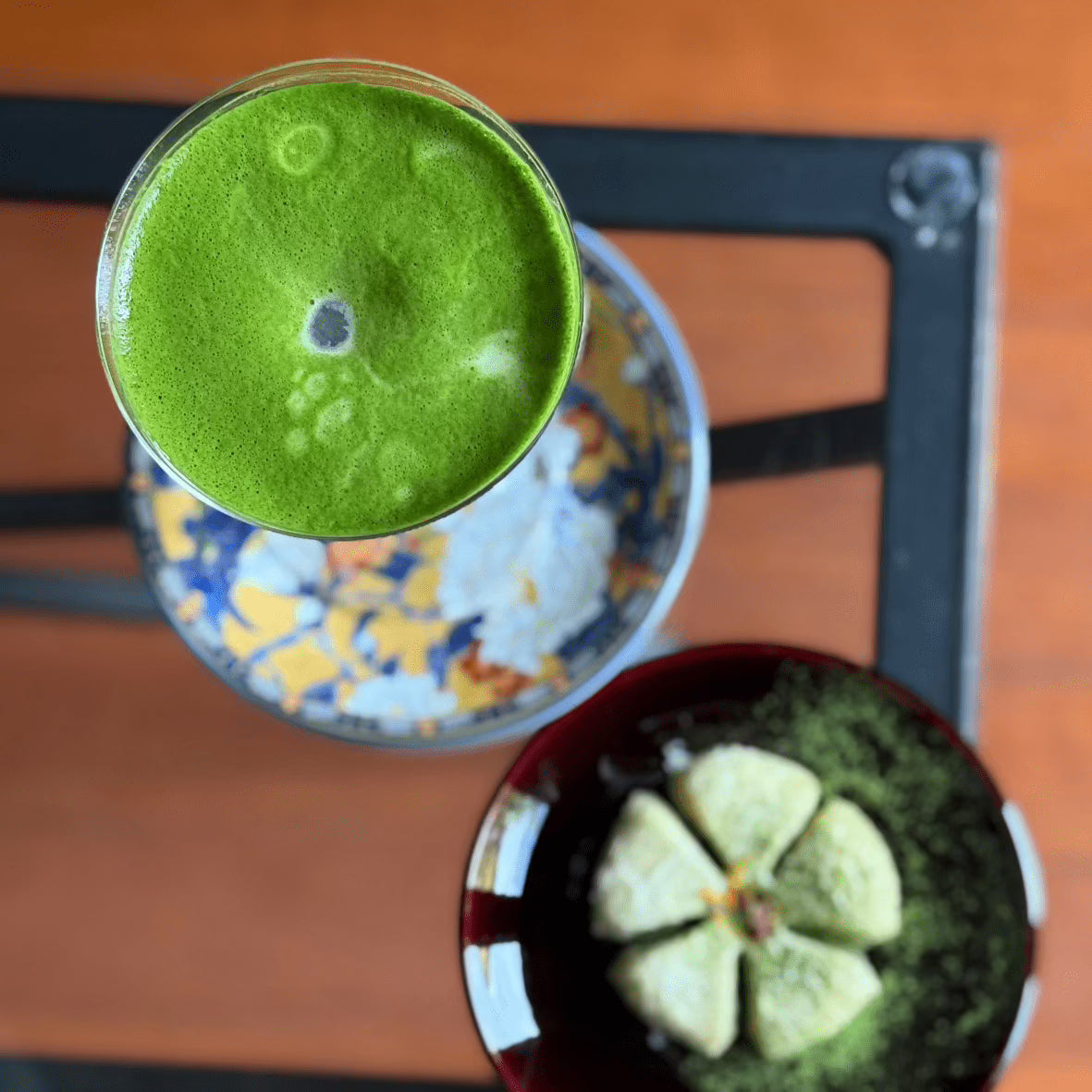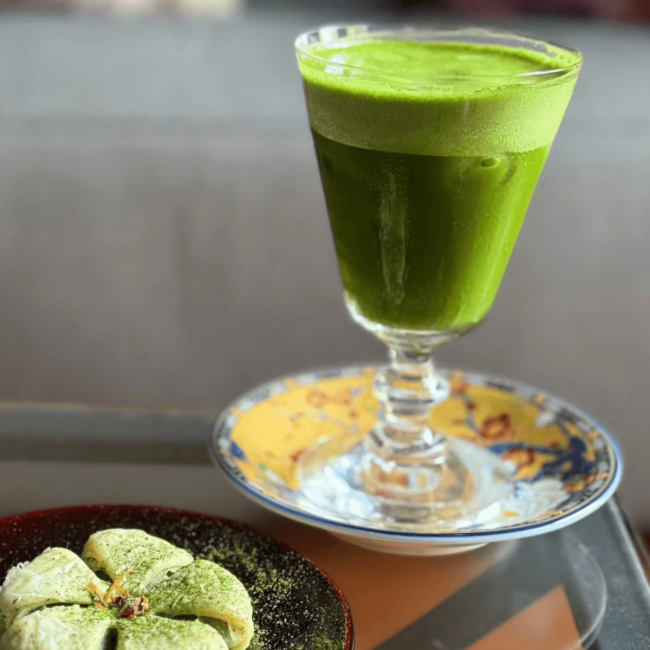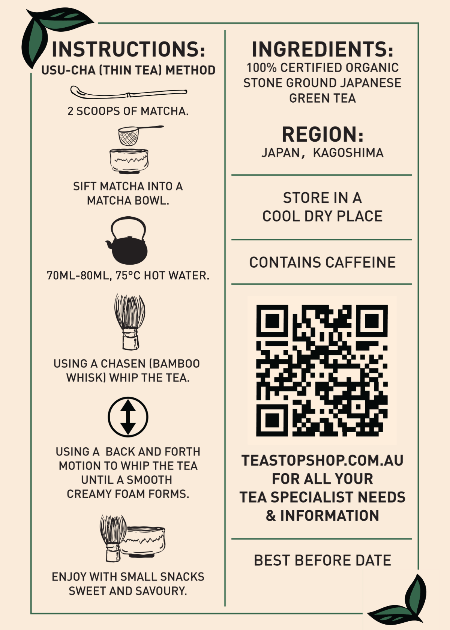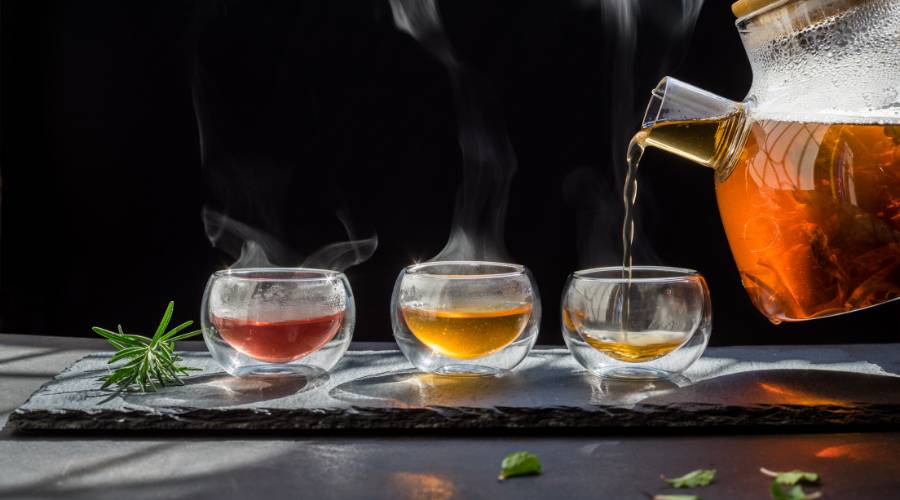
Brew the Perfect Cup: Tea Brewing Tips
Share
Brewing the perfect cup of tea is an art that transforms a simple beverage into a delightful sensory experience. Whether you are a seasoned tea enthusiast or just beginning your journey, mastering how to brew tea can significantly enhance your daily ritual. A well-prepared cup offers not only exquisite flavor but also numerous health benefits, making it a staple in households worldwide.
For those seeking organic and premium options, the Tea Stop Shop is a notable destination. Specializing in 100% organic loose leaf tea, they offer products sourced from the world's best gardens to ensure unmatched flavor and aroma. Explore their offerings to elevate your tea brewing experience to new heights.

Understanding Tea Types
Exploring the world of tea opens up a diverse range of flavors, aromas, and health benefits. The choice between loose-leaf tea and bagged tea is the first step in your journey. Loose-leaf tea offers a superior experience as it retains more flavor, nutrients, and aroma compared to its bagged counterpart. This is due to the larger leaves used in loose-leaf blends, which allow for a more complete infusion and fuller taste profile.
Types of Tea and Their Unique Characteristics
Here are some common types of tea and their distinct features:
- Black Tea: Known for its robust flavor and dark color, black tea is fully oxidized. It includes popular varieties like Earl Grey and English Breakfast. Black tea's boldness makes it an excellent choice for those who enjoy a strong brew.
- Green Tea: With its light, delicate flavor, green tea is less processed than black tea. It undergoes minimal oxidation, preserving its natural antioxidants. Matcha, a finely ground powder form of green tea, offers an intense umami taste and vibrant color.
- Oolong Tea: Striking a balance between black and green teas, oolong is partially oxidized. This process results in a complex flavor that can range from fruity to floral depending on the variety.
- Herbal Tea: Not true "tea" as it doesn't come from the Camellia sinensis plant, herbal teas are infusions of herbs, spices, or other plant materials. They offer diverse flavors and are typically caffeine-free.
Health Benefits of Organic Teas
Each type of organic tea brings its own set of health benefits:
- Antioxidants: Green teas are particularly high in catechins, which are powerful antioxidants that help combat free radicals in the body.
- Heart Health: Black tea has been associated with improved heart health due to its flavonoid content.
- Digestive Aid: Herbal teas like peppermint or ginger can aid digestion and soothe the stomach.
The role of antioxidants in loose-leaf teas enhances their appeal as part of a healthy lifestyle. These compounds contribute to overall well-being by protecting cells from damage.
Understanding these differences equips you with the knowledge needed to choose the perfect type of tea for your taste preferences and health goals.
Essential Factors for Brewing the Perfect Cup
Water Quality
The foundation of a perfect cup of tea begins with water quality. Filtered or spring water is essential, offering a pure taste that enhances the flavors of your tea. Tap water, often containing minerals and chemicals like chlorine, can alter the taste and aroma of your brew. By using filtered or spring water, you ensure that the delicate notes of your tea are not masked or muddled.
Choosing the Right Brewing Vessel
The choice of brewing vessel plays a significant role in tea preparation.
-
Ceramic Teapots: These are excellent for maintaining heat and preserving the flavor integrity of your tea. Ceramic's non-reactive nature ensures that no metallic taste interferes with your brew, making it ideal for almost any type of tea.
-
Metallic Teapots: While metal teapots are durable and conduct heat well, they can sometimes impart a metallic taste to more delicate teas like green or white varieties. However, they work well for robust teas such as black or herbal blends.
Choosing between these vessels depends on personal preference and the type of tea being brewed.
Steeping Time Recommendations
Steeping time is crucial in extracting the best flavors from your tea without leading to bitterness:
-
Black Tea: Requires a steeping time of 3-5 minutes. This allows the bold flavors to develop fully without becoming overly bitter.
-
Green Tea: A shorter steeping time of 2-3 minutes prevents over-extraction, which can lead to an unpleasantly bitter taste.
-
Herbal Tea: Generally needs 5-7 minutes to release its full spectrum of flavors and therapeutic properties.
Adjusting steeping times according to these guidelines helps unlock each tea's unique profile and benefits, maximizing your enjoyment with every sip.

Mastering Steeping Techniques
Perfecting the art of brewing tea involves understanding the nuances of steeping time and techniques. Oversteeping is a common pitfall that can result in bitterness due to over-extraction. To prevent this, adhere to recommended steeping times:
- Black Tea: 3-5 minutes
- Green Tea: 2-3 minutes
- Herbal Tea: 5-7 minutes
Precise timing ensures you extract the desired flavors without drawing out undesirable tannins.
The Benefits of Re-Steeping
Re-steeping high-quality loose-leaf teas offers several advantages. Premium teas like oolong and green are crafted to retain flavor through multiple infusions. This allows you to enjoy the complex and evolving profiles that each infusion reveals, providing a new tasting experience with every cup.
Unlocking Unique Flavors
Different infusions unlock unique flavors, enhancing your appreciation for the tea's complexity. Each subsequent steeping can highlight subtler notes that may be missed during the initial brew. By exploring various infusions, you'll discover layers of taste and aroma that transform your regular tea ritual into an exciting journey of flavor exploration.
Embrace these steeping techniques to refine your tea-making skills and savor every drop of this timeless beverage.
Special Considerations in Tea Brewing
Excessive consumption of tea can lead to concerns about caffeine and tannin intake. While tea is a delightful beverage enjoyed by many, it’s important to be aware of these components, especially if you are sensitive to caffeine or have dietary restrictions related to tannins.
Caffeine Intake
Tea contains varying levels of caffeine, with black tea having the highest content. Consistent overconsumption can lead to side effects like insomnia or increased heart rate. Moderation is key—especially for those who enjoy multiple cups in a day.
Tannins
These naturally occurring compounds can affect iron absorption in the body. If you consume large quantities of tea, particularly on an empty stomach, it might interfere with your nutritional balance.
To enjoy the benefits without overindulging, consider alternating between caffeinated and decaffeinated teas or opting for herbal infusions like chamomile or rooibos, which are naturally caffeine-free. This approach allows you to savor your tea rituals while maintaining mindful consumption habits.
Conclusion: Your Journey to the Perfect Cup Begins Here
Finding the perfect cup of tea is more than just a habit; it's an experience that can make your daily life better. When you learn how to brew tea exactly right, you open up a whole new world of flavors and smells that only the best teas can provide.
At Tea Stop Shop, we're here to help you on this journey. We offer a carefully chosen selection of premium organic teas that guarantee top-notch quality and taste. Each type of tea, whether it's strong black teas or calming herbal blends, is carefully picked from the finest tea gardens across the globe.
Every sip gets you closer to becoming a master at brewing tea, turning each cup into something special—an enjoyable moment just for you.
FAQs (Frequently Asked Questions)
What is the importance of brewing the perfect cup of tea?
Brewing the perfect cup of tea enhances the flavor and aroma, allowing you to fully enjoy the unique characteristics of each type. A well-brewed tea can also maximize health benefits, particularly from organic loose-leaf varieties.
What are the differences between loose-leaf tea and bagged tea?
Loose-leaf tea typically offers a richer flavor and higher quality compared to bagged tea. Loose-leaf allows for better water circulation around the leaves, which results in more nuanced flavors and higher levels of antioxidants.
What factors should I consider for brewing the perfect cup of tea?
Key factors include using filtered or spring water for optimal flavor, selecting an appropriate brewing vessel (ceramic vs. metallic), and adhering to recommended steeping times specific to each type of tea such as black, green, or herbal.
How can I avoid bitterness when brewing tea?
To avoid bitterness from over-extraction, monitor your steeping time closely. It's important not to exceed recommended times for each type of tea. Additionally, high-quality loose-leaf teas can be re-steeped multiple times, revealing different flavors while maintaining a pleasant taste.
What special considerations should I keep in mind regarding caffeine intake with tea?
While tea can be a healthy beverage choice, it's important to consume it in moderation due to caffeine content. Different types of teas have varying levels of caffeine and tannins that may affect individuals differently.
Where can I find premium organic loose-leaf teas?
For an enhanced experience in brewing and enjoying high-quality teas, explore premium organic options at Tea Stop Shop. They offer a wide selection that caters to both novice and experienced tea enthusiasts.
